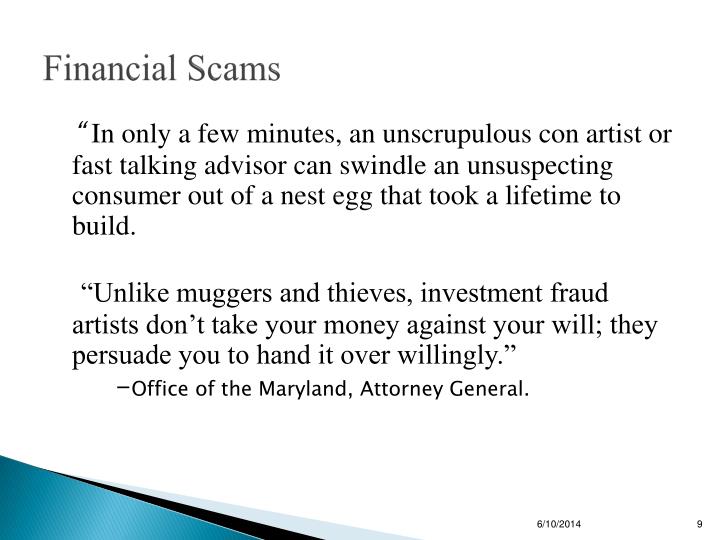
Image source: https://cdn.poptemplate.com/Image/728/example-basic-confidentiality-agreement-1.jpg
Confidentiality agreements are commonly used when hiring independent contractors. Examples are writers, web designers, a programmer, or anyone else who the company expects will be handling information that should be kept within the company.
There are different situations where a confidentiality agreement will come in handy and these are:
When presenting an invention or an idea of a new product or service to a potential partner, manufacturer or distributor.
When sharing financial, marketing and other types of information with a potential client.
When showing a new product or service to a potential buyer.
When receiving services from people who needs to access confidential information to perform their duty.
When making employees privy to information related to their job.
Confidentiality agreements could cover a variety of potentially damaging information when leaked from the company. Some of the common examples of such information are:
Company/Business documents, plans and strategies/tactics
Access information like passwords
Technical diagrams such as designs, software programs of the company, etc.
Results of research
Legal documents
Correspondence (emails, memo, letters, etc.)
Employee's private information
The company's confidentiality agreement should cover all information that are potentially damaging to the company.
The business can experience different levels of damages depending on the information leaked. It could range from a minor to disastrous problem.
Some of the common damages done to a company by leaked information are:
Public relations problems
Sabotage of an entire project
Acquisition of trade secrets by competitors
If the company has yet to implement a confidentiality agreement, they should sit down and consider how the company's internal information can be used against them if it comes out.
There are two types of confidentiality agreement: mutual and directional confidentiality agreements.
Directional agreements or unilateral agreements as the name implies, are one way confidentiality agreements where only one party needs the protection of an NDA since only one will be disclosing confidential information.
These confidentiality agreements are usually established to meet the secrecy requirements of patent laws or to make sure that the disclosed information will not be used by the other party without permission and probably compensation to the owner of the information.
This type of confidentiality agreement is common in agreements with manufacturers to keep the design of a new product private.
Mutual confidentiality agreements, on the other hand, involve at least two parties where both will be supplying information that they wish to be kept secret.
This type of confidentiality agreement is very common with companies who are considering a joint venture or merger.
All confidentiality agreements should be drafted with an attorney and should contain the information, materials or resources needs to be kept confidential.
The confidentiality agreement should also include the circumstances and conditions where such information can be used, the method on how conflicts about the information should be handled, and the consequences for violating the terms of the agreement.
Log on to our website to learn more about confidentiality agreements and other corporate matters. Call us toll free for legal assistance.
